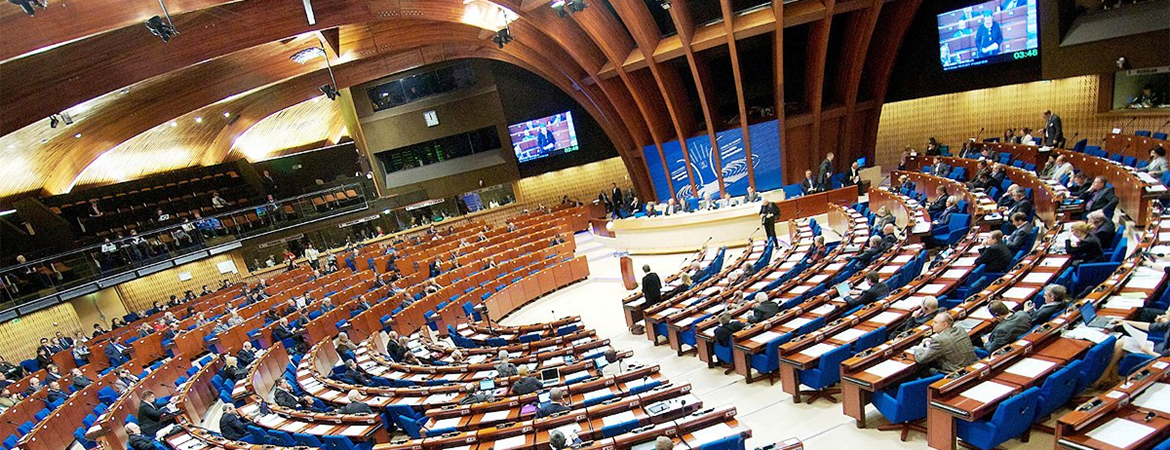
The Council of Europe Parliamentary Assembly (PACE) Summer plenary session is being held in Strasbourg from 26 to 30 June 2017. Four reports will be debated on Wednesday 28 June, focusing on the humanitarian and political response to the migration crisis, the human rights implications of the European response to transit migration, migration as an opportunity for European development and the integration of refugees in times of critical pressure.
Our İzmir MP Mr Ertugrul Kürkçü took the floor on the Progress Report of the Bureau in the first day of the plenary debates in the PACE summer session. Mr Kürkçü stated the following:
I would like to say farewell to Mr. Mignon, and wish all the Pace presidents, present or future, leave behind a name as clean as his. Goodbye Mr. president.
And I would like to thank Tiny Kox for his report a masterpiece in dealing with unpleasant realities in an articulate form and carefully selected wording.
Among the issues dealt in the progress report is the report of the PACE Observation mission on Turkish referendum on April 16, as endorsed by the Bureau’s Prague meeting on 29 May. The report concludes that:
“The 16 April constitutional referendum took place on an unlevel playing field and the two sides of the campaign did not have equal opportunities. Voters were not provided with impartial information about key aspects of the reform, and civil society organisations were not able to participate. Under the state of emergency put in place after the July 2016 failed coup attempt, fundamental freedoms essential to a genuinely democratic process were curtailed. The dismissal or detention of thousands of citizens negatively affected the political environment. The “Yes” campaign’s dominance in the coverage and restrictions on the media reduced voters’ access to a plurality of views. While the technical aspects of the referendum were well administered and referendum day took place in an orderly manner, late changes in counting procedures removed an important safeguard and were contested by the opposition.”
That “The campaign framework was restrictive, and the campaign imbalanced due to the active involvement of the President and several leading national officials, as well as many local public officials, in the “Yes” campaign.”
That “The “No” campaign was predominantly conducted by the main opposition parties CHP and HDP, with the latter significantly crippled in its ability to campaign given that hundreds of its party members remain behind bars, including its co-chairpersons and 83 HDP mayors.”
Yet the report closes with article 58 that
“The Parliamentary Assembly will continue to work alongside the authorities of Turkey in the field of elections and more generally on the reinforcement of democratic institutions.”
I would like to ask Mr. Kox’s personal observations and also raise the issue for the assembly as a whole if the expectations expressed in the final article of this report is not in contradiction with the crude realities of the Turkish political landscape as reported above.
26 June 2017
